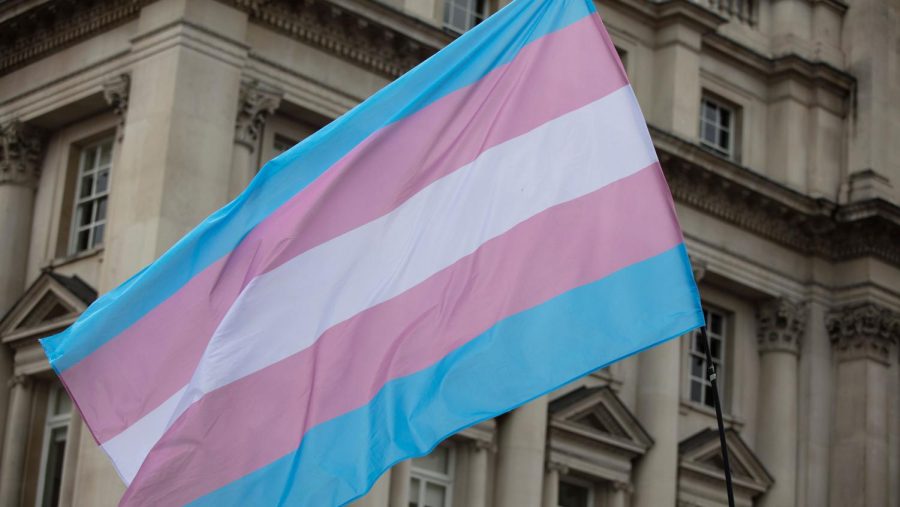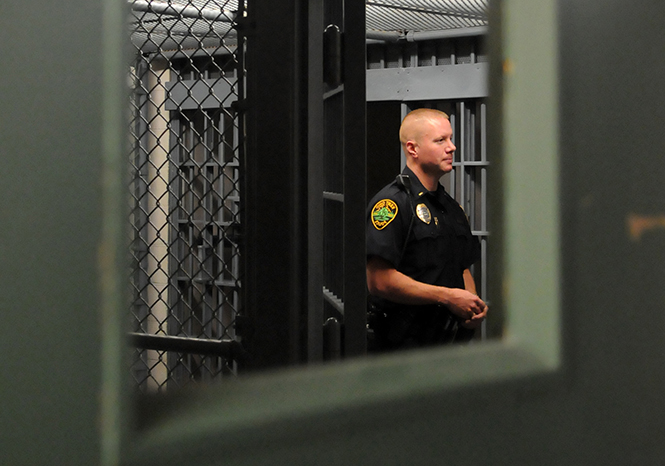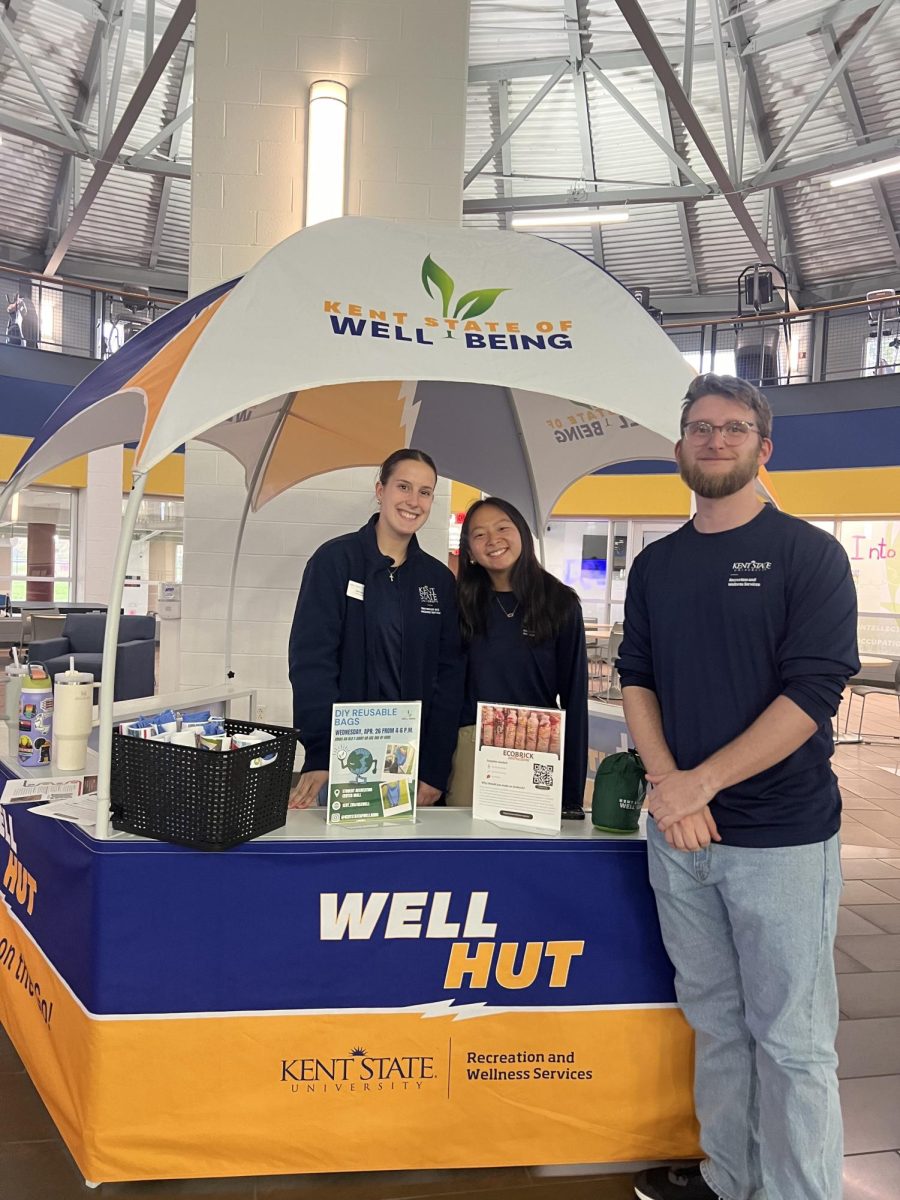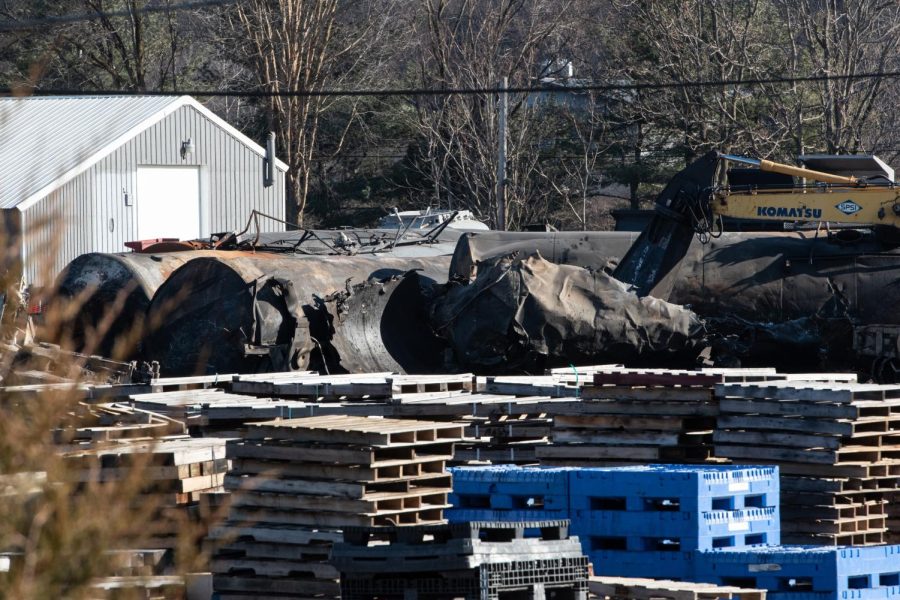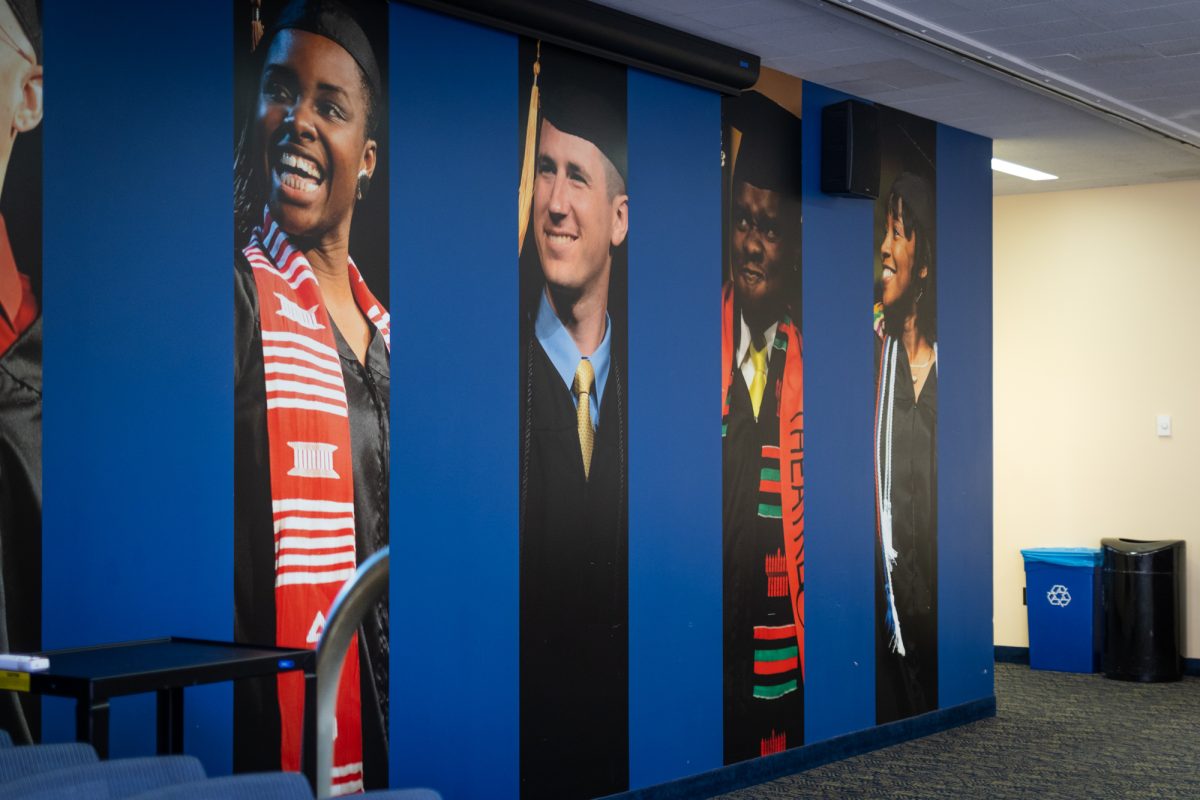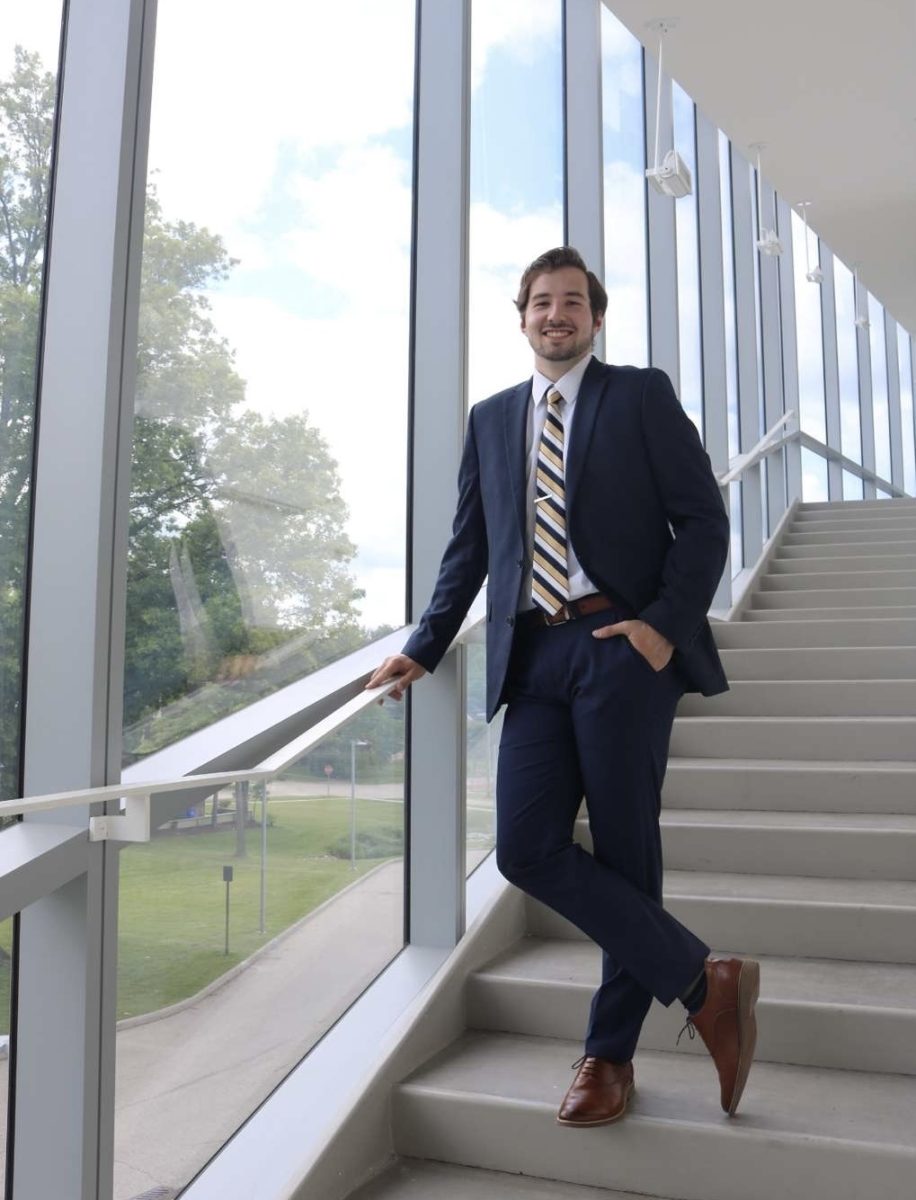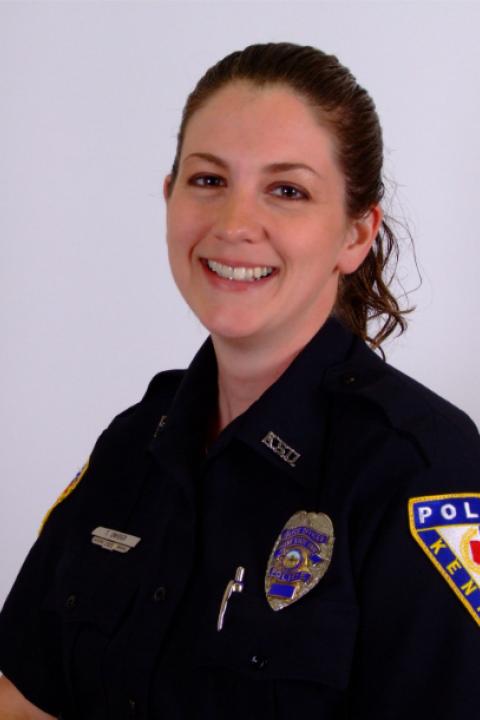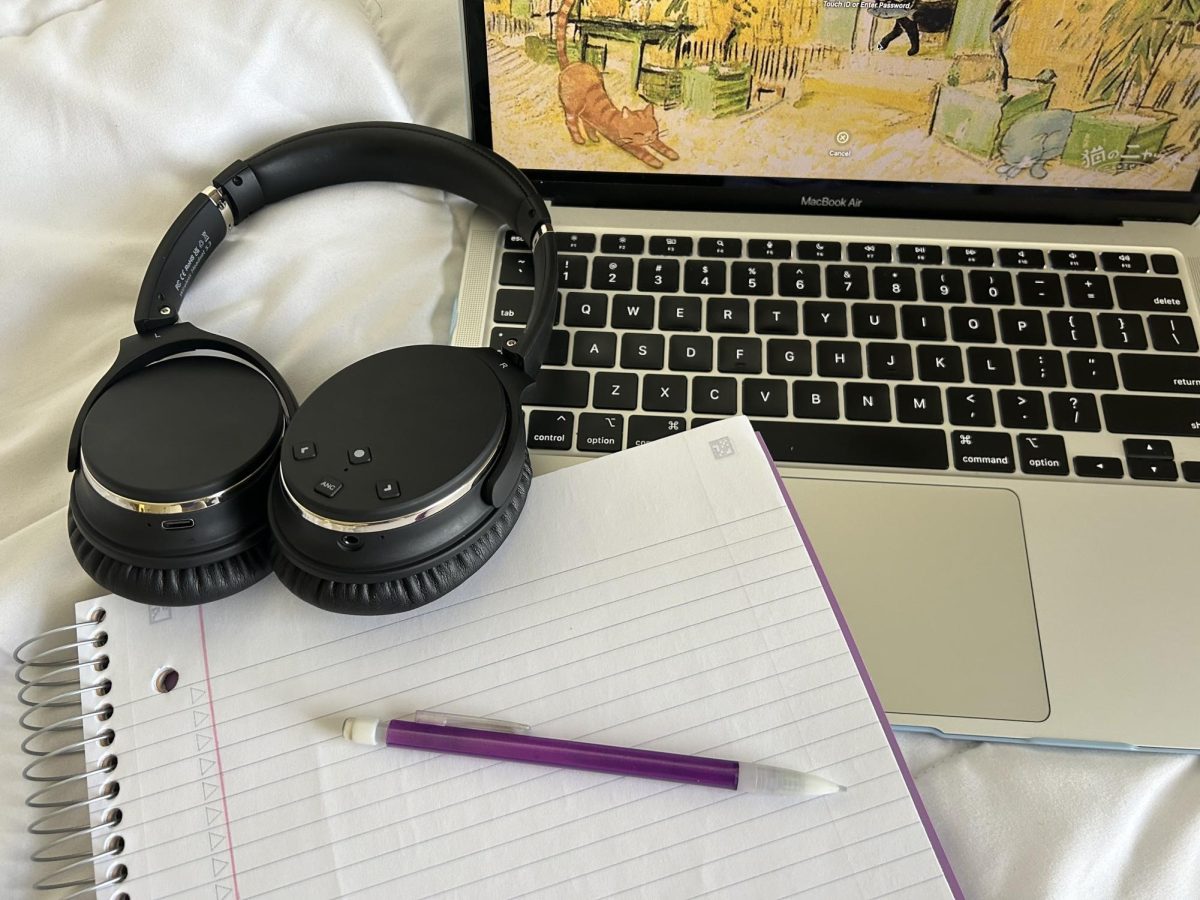The earthquakes that occurred last month in Morocco have prompted some university professors to think about the lasting impacts and what could have been done to mitigate the damage.
Ikram Toumi, an associate communications professor from Tunisia, a country in North Africa and approximately 1,200 miles east of Morocco, said intercultural communications played a large part in the coverage of the earthquakes and aid efforts.
Toumi said neighboring countries offered aid in the recovery efforts. So much aid was offered from neighboring countries, Morocco had to decline some of it.
“The Tunisia group of aid relief had to go back to Tunisia because [Morocco] already had a lot of people helping there,” Toumi said. “Sometimes too much help is not okay.”
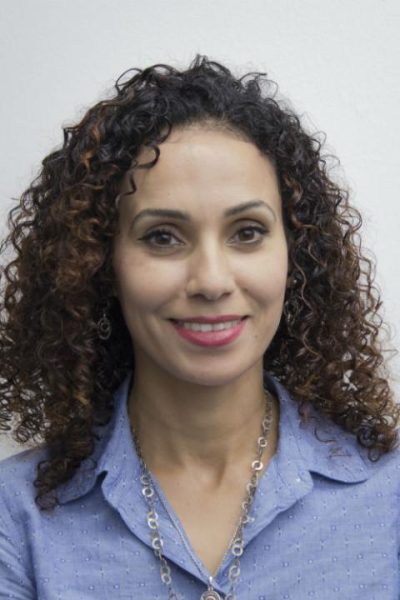
When the impact of disasters or incidents occur in certain regions due to various factors, the amount of aid given may alter. To explain this, Toumi compared the amount of coverage from when there was a fire found in Notre Dame to Turkey’s Sept. 30 magnitude four earthquakes.
“I keep seeing that there’s more attention to a certain trauma or disaster,” Toumi said. ”Our own university – we didn’t make an official statement in support of our Turkish community.”
Another contributing factor to aid relief efforts is how people perceive other countries, Toumi said.
“It’s more of a cultural, regional, [geographical] type of theory that makes us look at the disaster of some people as less important than others,” Toumi said.
Stephanie Smith, an associate professor in the School of Media and Journalism, touched on the idea of perception when she discussed the ethics of traveling.
“[Americans] tend to be more concerned with cultures we’re likely to visit and we can imagine,” Smith said.
The way Americans view other cultures in different ways influences the media coverage, Smith said.
“Media attention is also focused on what the public is interested in, so we’re way more attentive to crises that happen in places we know and care about where the people look like us,” Smith said. “Than in places where we think ‘something happens there all the time.’”
Smith said the earthquakes in Morocco received a significant amount of media attention for a brief period of time because of the scale of the earthquakes. Similar to Toumi, Smith agreed some locations have received more attention for crises.
“It got a fair amount, most Americans can’t find Morocco on a map, so it got a fair amount, but in Paris, Notre Dame, you can argue [it] got too much,” Smith said.
With this examination of media coverage, Smith said there are media ethics to be applied, such as analyzing how much people share certain stories on social media websites.
“How often do we share stories that are more about Paris than about Morocco or other countries – a lot more often,” Smith said. “Media watches us, we’re watched all the time by what we consume, so we’re driving those choices to a large degree.”
Besides examining media ethics, travel ethics also come into play. When trying to be a more ethical traveler, one should think about their means of transportation and their carbon footprint, Smith said.
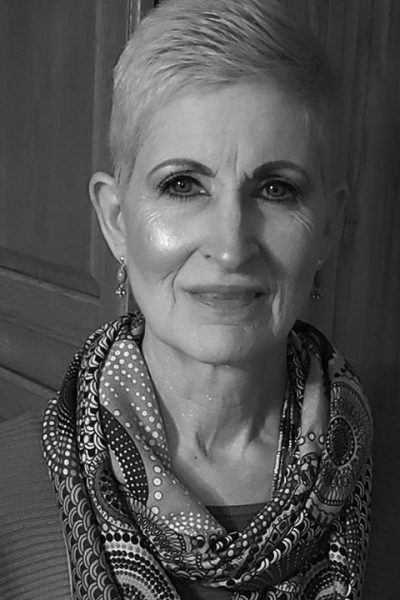
“A trend in primarily European travel and tourism industries to tell you when you book a trip what your carbon footprint is going to be, how much you’re releasing into the atmosphere by taking that flight,” Smith said.
Another example of travel ethics is determining when to travel to certain locations such as Marrakech, Morocco, Smith said. To better explain this, she compared the earthquakes to the Maui wildfires.
“It became very apparent that there would be people sunbathing on the beach of Maui,” Smith said. “While people right around them were rescuing their homes, looking for living people, for animals, for babies.”
Smith said she wonders what a tourist in Marrakech at the times of the earthquakes or any one tourist during a crisis would do.
“You’re there whether it’s a wildfire, earthquake, flooding, hurricane, do you stay or go,” Smith said. “And if you go and you’re booking flights out, are you taking the seat of someone who would have been flown out for a need that they’re injured.”
Regardless of what could have been done, the current priority in Morocco is the recovery process. Toumi hopes to see more recovery efforts in Morocco as winter approaches which may create challenges, she said.
The emotional toll from this natural disaster is another part of the recovery process, which takes longer than the physical recovery, Toumi said.
“There are things that are impossible to recover from like the people that lost loved ones,” Toumi said. “The historic buildings that have fell, it’s impossible to regain that part of history, that piece of people’s identity.”
Adriana Gasiewski is a staff reporter. Contact her at [email protected].












